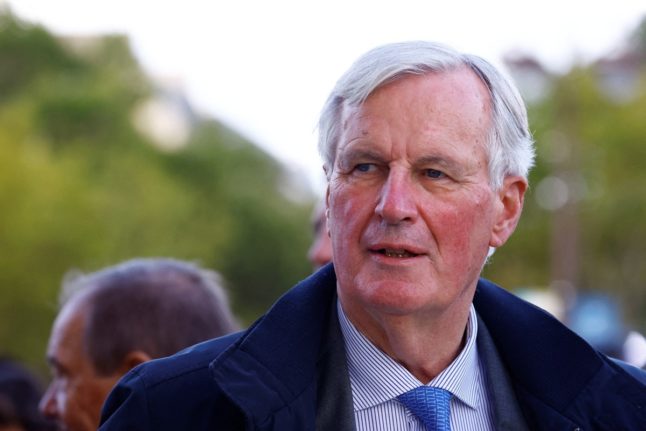“It’s a need and it is something quite possible,” Gentiloni said, as the ministers were about to hold two days of talks on EU excessive deficit procedures against seven countries, including France.
“Of course we’re aware of the institutional difficulties coming from the fact that in France we’ll have, starting tomorrow, a caretaker government with more limited powers,” Gentiloni said.
He added that, while the European Commission “will be able to address problems” such arrangements cause, “it’s clear that there is a need for fiscal adjustment in France and in the other countries with high debt”.
France is under pressure from Brussels to get its finances back within EU rules, which demand a deficit below three percent of a country’s GDP, and public debt under 60 percent.
Currently France’s deficit stands at 5.5 percent of GDP, and its debt at 110 percent of GDP.
Prospects of Paris working to bring those levels down have been thrown into uncertainty by the results of a snap election called by President Emmanuel Macron that was won by a leftwing coalition demanding much higher public spending.
Talks are ongoing on the formation of the next French government, leaving Macron’s outgoing Prime Minister Gabriel Attal in place in the meantime.
READ MORE: What happens now in crunch week for French politics?
The commission said last month it would propose an “excessive deficit procedure” be launched this month against France and the six other countries with deficits above three percent: Belgium, Italy, Hungary, Malta, Poland and Slovakia.
Romania, also, is already under such a procedure since 2019.
The procedures, which would require the countries to take corrective measures to come back under the rules, was initially expected to be formally launched on Tuesday, at the ministers’ meeting in Brussels.
But they have been pushed off to later in the month because of technical reasons. EU ambassadors are to adopt them on July 24th, with formal validation on July 26th, according to EU officials.
Going into Monday’s meeting, German Finance Minister Christian Lindner said: “I expect every member state to be compliant with our fiscal rules… And I think any future French government will have to follow these rules as well.”



 Please whitelist us to continue reading.
Please whitelist us to continue reading.
Member comments